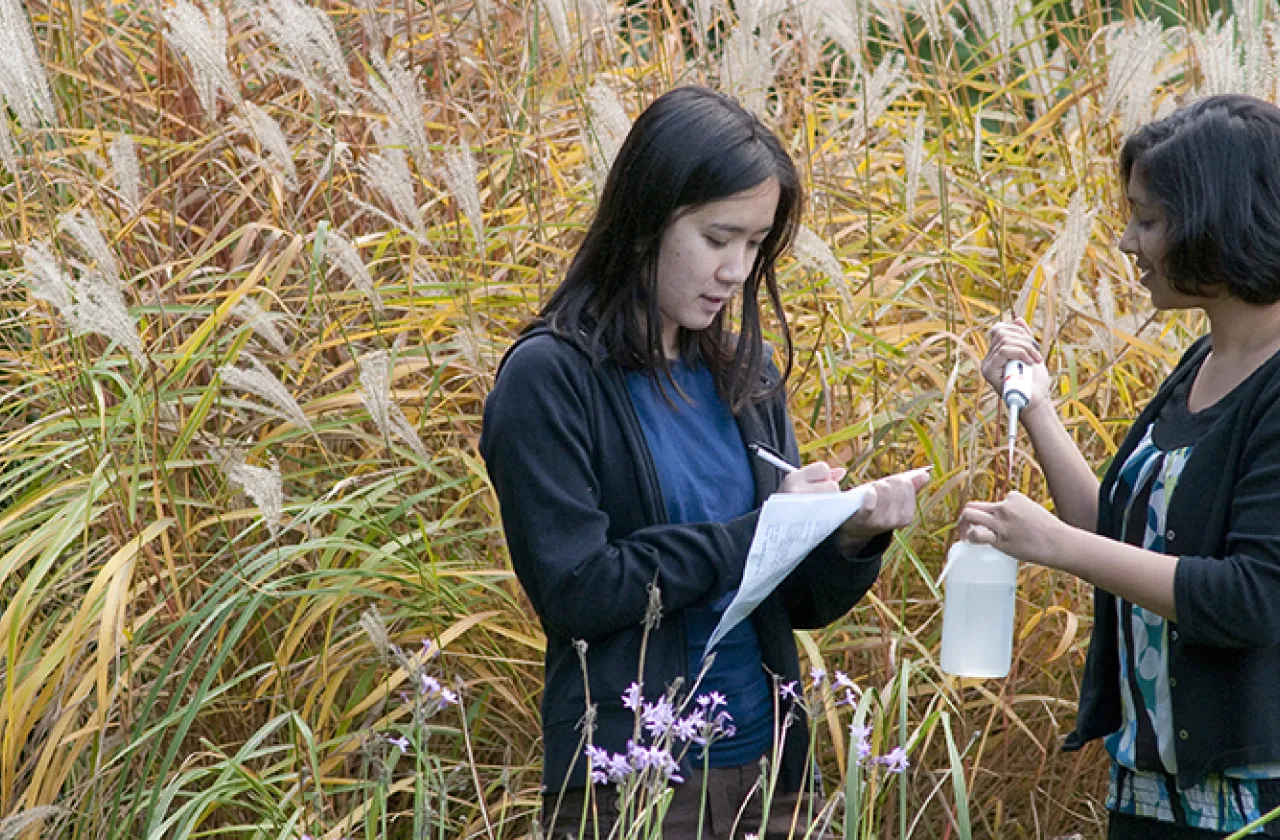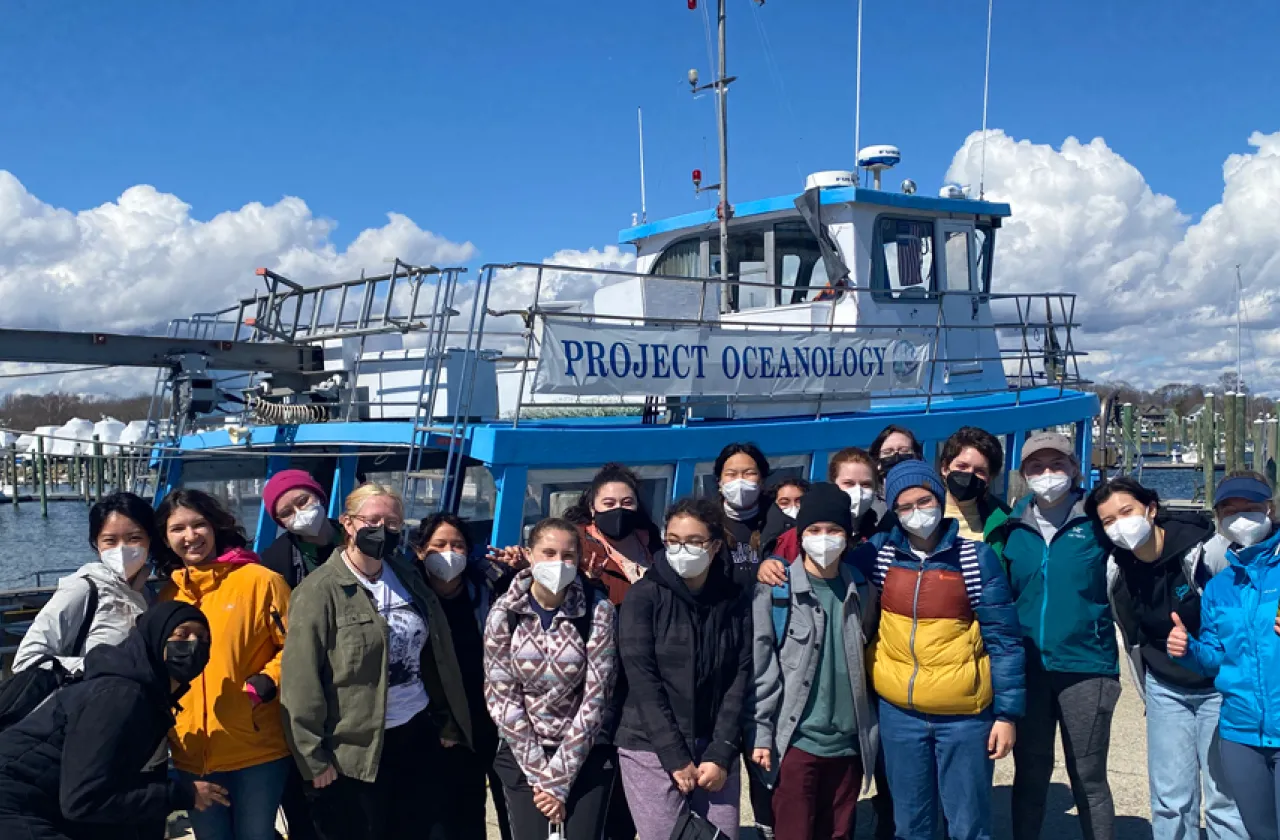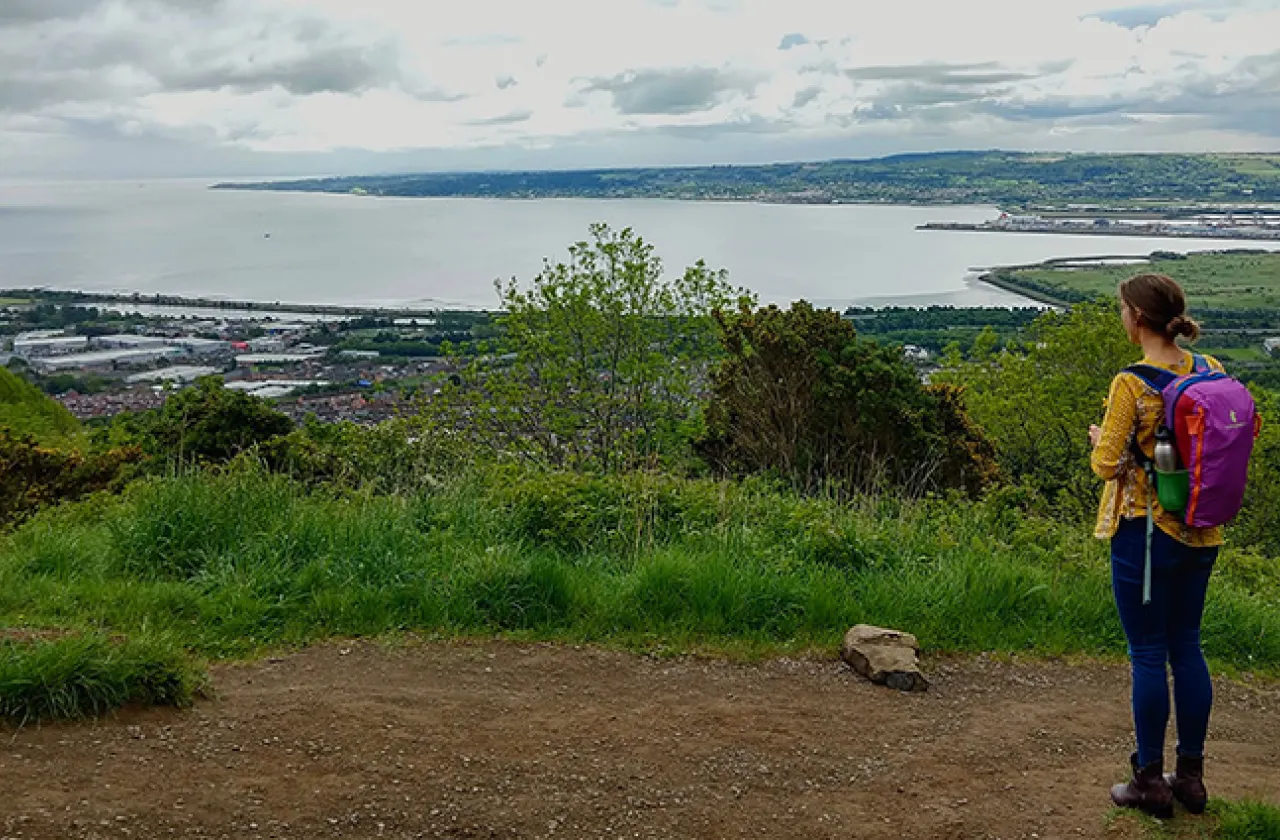Academics
Thanks to Smith’s open curriculum and breadth of classes, it’s easy for students to take sustainability focused courses, no matter their major. Students can pick a major with an environmental focus from several departments, select a unique minor or concentration, or choose sustainability-related courses offered throughout the curriculum, including classes in anthropology, architecture, English language and literature, government and physics.
Courses of Study
Sustainability Focused & Related Courses
Browse sustainability-related courses offered throughout the curriculum, including classes in anthropology, architecture, English language and literature, government and physics (please note the courses listed are meant to be a sample and some may not be offered every semester).
For more detailed information on course offerings, search the Smith College Course Catalog.
Contact CEEDS
Wright Hall 005
Smith College
Northampton, MA 01063





Anthropology
Economics
Government
Latin American Studies
Sociology